As it became clear that former Vice President Joe Biden had won Georgia, prominent Democrats credited the victory to Stacey Abrams’s Fair Fight and other local grassroots organizations, often led by women of color, that turned out Democratic voters across the state. In response to Stacey Abrams’s thanking local voting organizations, Hillary Clinton tweeted, “And thank YOU, Stacey. Thank you.” But thanks are one thing, and power is another. We identified over ten local organizations publicly credited with increasing voter turnout for the Democrats in Georgia this year. What are the policy priorities of the organizations that Democrats believe turned Georgia blue, and are they likely to get what they want from the party?
Unsurprisingly, especially given the voter suppression efforts in Georgia since the Shelby v. Holder decision, many of the state’s grassroots voter mobilization organizations identify voting rights as a principal policy issue. The New Georgia Project and All Voting is Local-Georgia, praised for their “Black-led grassroots organizing that shifted the landscape in GA,” have called attention to the continued disproportionate impact of voting changes—including registration blocks, poll closures, and voter purges—on Black residents. Abrams’s Fair Fight Action[1] stresses the need to pass the Voting Rights Advancement Act of 2019 (H.R. 4)—now titled the John R. Lewis Voting Rights Act—which would restore the Voting Rights Act. Black Voters Matter-Georgia, which provides local community groups with access to voter files and text programs to aid their voter turnout efforts, advocates automatic universal voter registration and an end to restrictions that bar formerly incarcerated people from voting.
Beyond voting rights, immigration reform was also a common concern for the Democratic grassroots of Georgia. Galeo, applauded for increasing voter registration in the state, has called for a rigorous, comprehensive pathway to citizenship for Georgia’s 400,000 undocumented residents. Fair Count Inc. opposed the Trump Administration’s efforts to exclude undocumented residents from the 2020 Census, which will determine legislative redistricting and apportionment. Galeo and the Latino Community Fund of GA have implored the state and the federal government to prevent exploitative labor practices levied on undocumented workers. Asian Americans Advancing Justice-Atlanta, which independently created in-language voting resources, registered new voters, and offered transportation and interpretation assistance to voters, have demanded that ICE discontinue its prison-to-deportation pipeline. Mijente, which organized the “Fuera Trump” campaign to engage Latino voters through door-knocking and phone banking, called on the Biden administration to implement a moratorium on deportations and to guarantee affordable health care to all people, irrespective of immigration status.
Finally, many of the grassroots activists in Georgia that Democrats lauded for their voter registration and turnout work this year have called for a plan to end mass incarceration. The Georgia NAACP, which focused its mobilization efforts on seniors, college students, formerly incarcerated citizens and rural voters, encourages the introduction of restorative practices to replace carceral punishments. After a report showed that Black people in Georgia are three times more likely than white people to be arrested for marijuana possession, the ACLU of Georgia—which provided voting resource guides and helped voters plan to vote—called for the complete legalization of marijuana use and possession nationwide.
Of course, these are only a few of the policy positions for which these grassroots organizations advocate. Black Voters Matter-Georgia, for instance, subscribes to the Movement for Black Lives (M4BL) platform, which addresses issues from healthcare to housing. But three issues—voting, immigration, and incarceration—were consistently at the forefront of the concerns motivating the grassroots organizers Democrats credited for their turnout this year.
If these are the policy goals of the Democratic grassroots organizations in Georgia, how likely are they to get what they want from the party? All three of these major issues are certainly on the Democratic agenda, and voting rights in particular is one that has substantial momentum in Washington if Democrats were to hold majorities in both houses of Congress. To the extent that the priorities of the Georgia grassroots require legislation, their progress depends on winning the state’s upcoming runoff elections, which will in turn determine party control of the Senate.
Looking beyond the next few months, however, the picture becomes substantially more complicated. One might imagine that their perceived electoral clout in a battleground state would give these grassroots organizations marked influence over Democrats’ priorities in the coming years. In a party, politicians are in coalition with interest groups and activists, and movements that can turn out votes are the ones that tend to have authority over the party agenda.
On the other hand, there are reasons to doubt. Political scientists argue that the Democratic Party has been “hollowed out,” weakening ties between its rank-and-file and the leadership of the party. The decline of party organizations has been accompanied by increasingly heavy reliance on consultants and campaign professionals. The death of campaign finance reform moved money out of the party institutions and into outside groups heavily dependent on wealthy donors. In the amorphous networks of influence that dominate political activity today, grassroots organizations have fewer levers to assert themselves.
[1] Fair Fight focuses on election reform and engages in voter education programs. Fair Fight Action mobilizes voters and advocates for progressive issues. Stacey Abrams founded the organizations, which share the same website.
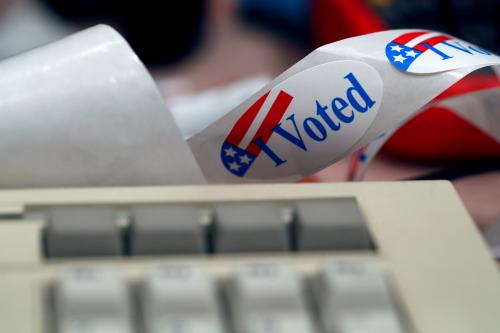
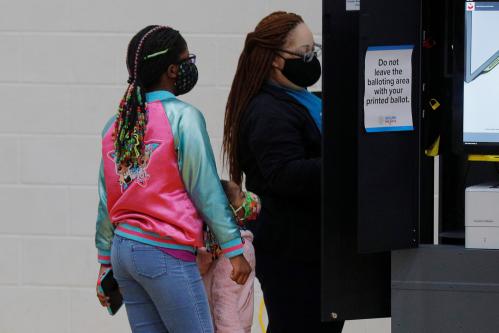
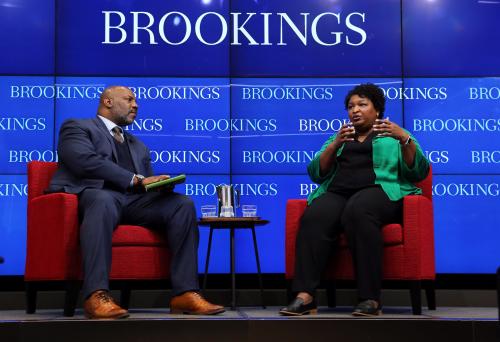
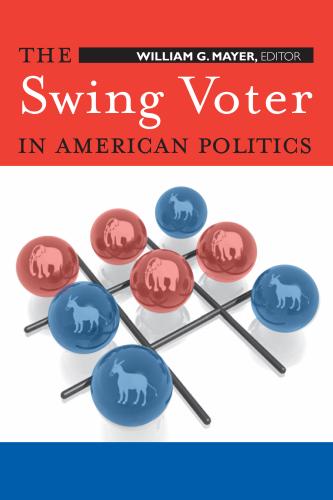

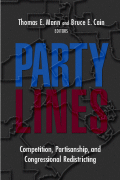


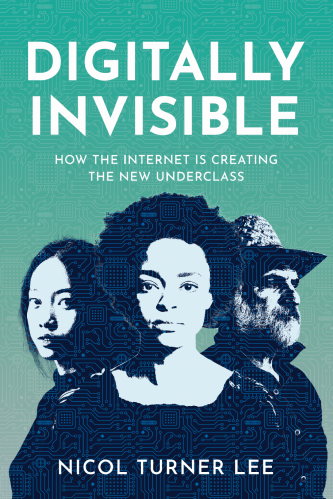
Commentary
Georgia grassroots groups helped Biden win. Will the party listen to them on the issues?
December 11, 2020